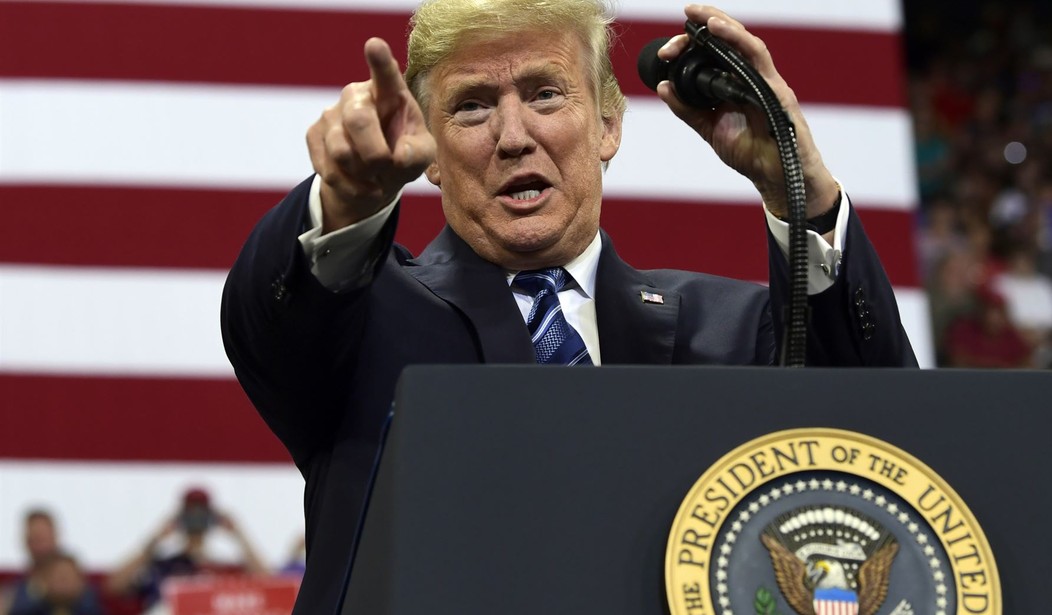We have three branches of government. The judiciary is suppose to be independent, but the slew of nationwide injunctions from lower court district judges is looking more like activism to Republicans, especially those die hard Trump supporters. It had to take the Supreme Court this past June to say plainly, explicitly, and definitively that the Trump White House’s executive order on immigration, which the liberal media called erroneously the “Muslim ban,” was constitutional. It shouldn’t have taken this long. This was not only constitutional from the get-go; it was a national security priority. The months-long fight with the courts over this order was borderline absurd. It also didn’t help that those leading the legal charge were from some of the most liberal, anti-Trump, and Democratic states in the country. Of course, this was all political—and a nice spotlight on some potentially politically ambitious attorneys general looking to shark their way up to the governor’s mansion. Well, the House GOP is making moved to curtail such lower court rulings that gum up the works of the executive (via WSJ):
The Trump administration and its Republican allies on Capitol Hill took aim Thursday at the growing practice of federal judges issuing nationwide rulings, hoping to tackle an issue that has repeatedly stymied President Trump’s agenda during his year-and-a-half in office.
The Department of Justice issued new guidance to government attorneys, saying they should argue vigorously in court against “nationwide injunctions,” when a federal judge on one of the U.S.’s 94 district courts issues a ruling that covers the entire country, often halting a presidential initiative, program or action.
The House Judiciary Committee, meanwhile, approved legislation to curb nationwide injunctions. The bill, proposed by panel Chairman Bob Goodlatte (R., Va.), would instruct judges to write rulings that apply only to the individuals, organizations or entities that are part of the lawsuit in front of them.
While the federal judiciary operates as an independent branch of government, Congress retains significant authority under the Constitution to write rules governing federal courts, including questions of procedure, organization and jurisdiction. It is unclear how the courts would view legislation like that of Mr. Goodlatte, which limits the kinds of rulings they can issue and the scope of how they decide cases.
Recommended
The Trump White House’s initiative to roll back the constitutionally questionable Obama era Deferred Action for Childhood Arrivals executive order is another thorn in the side, within the Republican Party and the courts.
Chairman of the House Judiciary Committee, Rep. Bob Goodlatte (R-VA), who approved of the bill sent through his committee, had this to say about the Injunctive Authority Clarification Act:
The Constitution gives courts the authority to decide cases for the parties before them, not to act as super-legislators for everyone across the country based on a single case. It simply cannot be the law that opponents of government action can seek a preliminary injunction and lose in 93 of the 94 judicial districts, win one injunction in the 94th, and through that injunction obtain a stay of government action nationwide despite it being upheld everywhere else. A bipartisan group of some of America’s leading professors of remedies, federal courts, and administrative law agree that Congress must enact a limit on national injunctions.
“I am pleased that the House Judiciary Committee today approved the Injunctive Authority Clarification Act of 2018 to restore the proper balance of power between the branches of government and I look forward to a vote by the full House of Representatives soon.”
It’s about time.

























Join the conversation as a VIP Member